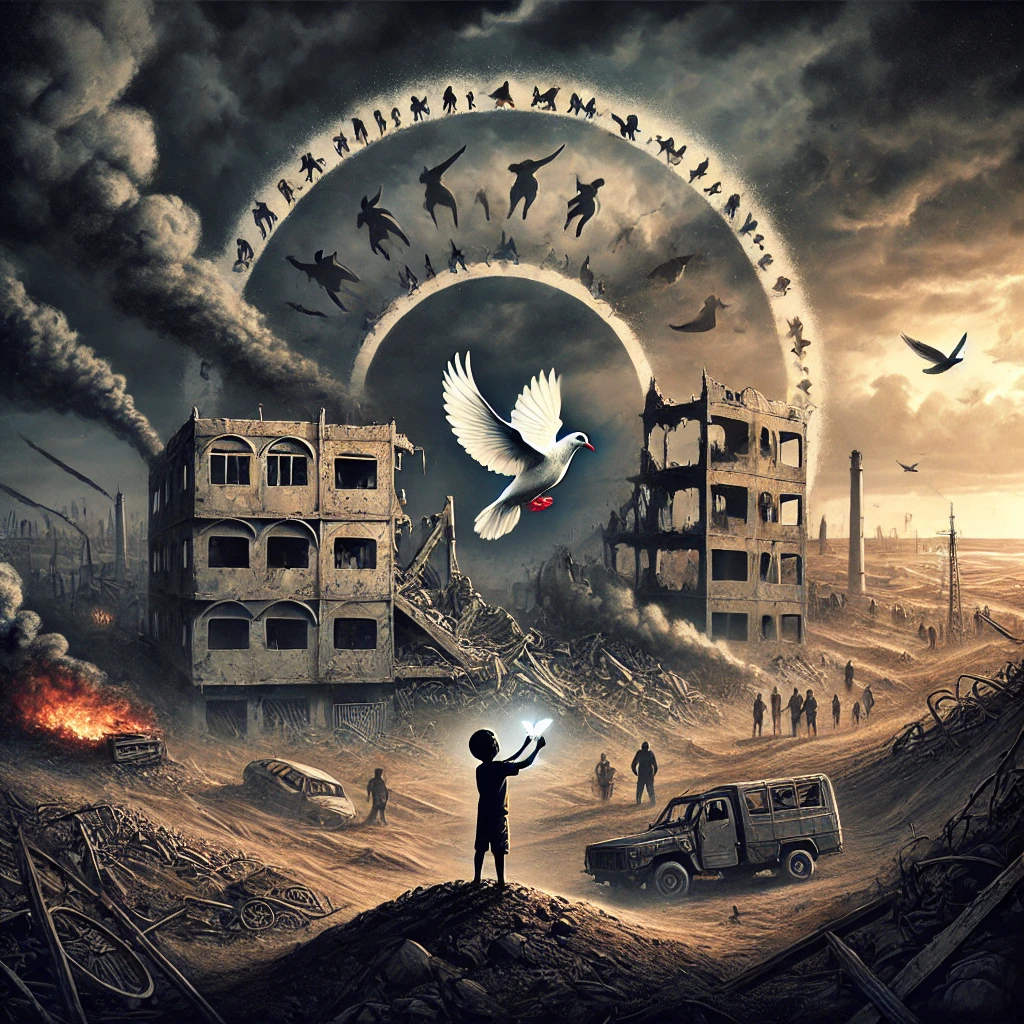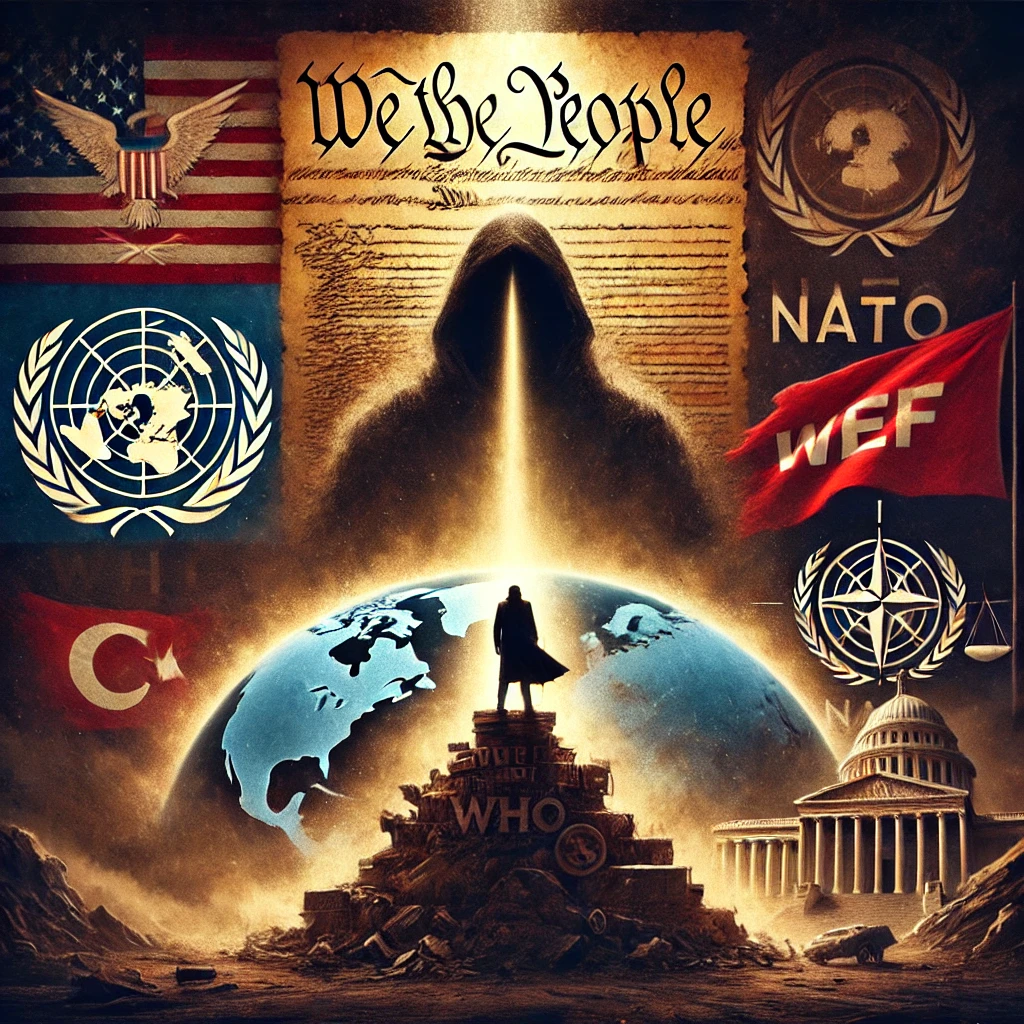The events in Gaza today have brought unprecedented levels of grief and outrage around the world. Global leaders and the United Nations have recognized what is happening as a genocide—a deliberate, sustained campaign that is leading to the deaths of countless Palestinian civilians, including women and children. Harrowing footage circulates widely online, showing brutal scenes that document the suffering of innocent people. Images and videos, some of which are disturbingly graphic, depict children, families, and entire communities under relentless assault. For those witnessing from afar, this genocide is psychologically overwhelming, raising urgent questions about justice, humanity, and the true cost of unchecked aggression.
However, alongside this condemnation, we are seeing a rise in deeply troubling anti-Semitic rhetoric and hate incidents around the world. Anger and anguish over the atrocities in Gaza are spilling over into anti-Semitism, with entire Jewish communities facing blame and suspicion for actions taken by the Israeli government. But allowing this anger to translate into hate against an entire group—many of whom do not support these policies—continues the cycle of dehumanization and collective punishment that we are witnessing in Gaza. Addressing this genocide requires us to remain vigilant against all forms of hate and recognize that holding governments accountable for their actions is not the same as condemning entire groups of people based on religion or ethnicity.
The Genocide in Gaza and Its Global Impact
The term “genocide” isn’t used lightly; it conveys intentional, systematic violence aimed at erasing a people. In Gaza, the numbers of dead and wounded speak volumes, with an overwhelming proportion of the casualties being civilians, including many women and children. Reports of bombings, targeted attacks, and statements by certain officials encouraging the removal or annihilation of Palestinians add chilling clarity to the scale of the violence. Such acts defy basic principles of human rights, and this brutality has rightly mobilized condemnation from around the world.
This genocide has prompted massive outcry. From protestors taking to the streets globally, to organizations demanding accountability, the response shows how deeply this tragedy resonates across cultural and national lines. It’s a visceral reminder of humanity’s collective responsibility to prevent atrocities and protect innocent lives. And yet, with every new image or video that emerges, the risk of misplaced anger grows—anger that sometimes unfairly targets Jewish communities far removed from the policies of the Israeli government.
The Rise in Anti-Semitic Sentiment and Why It’s Dangerous
In the face of such horror, many feel compelled to act, to speak out, or even to place blame. But anger directed at Jewish people worldwide for the actions of the Israeli government is both harmful and misguided. Jewish communities around the world are not monolithic; they are diverse, with many speaking out against the genocide in Gaza and advocating for Palestinian rights. Equating all Jewish people with the actions of Israel’s government is not only unfair but perpetuates the kind of prejudice and discrimination that leads to further cycles of violence.
Anti-Semitic incidents, hate crimes, and harassment have surged in some places, driven by those who conflate an entire ethnicity or religion with the policies of a state. History has shown us that blanket blame only deepens divides and feeds into the very cycles of resentment that fuel conflicts like the one we’re seeing today. Combatting this injustice in Gaza requires that we stand against all forms of discrimination and prevent our reactions from perpetuating new forms of hate.
Breaking the Cycle of Hate and Advocating for Accountability
As the genocide in Gaza unfolds, there is an undeniable need to hold leaders and states accountable for their actions. This means pressing for investigations, demanding transparency, and supporting international efforts to enforce humanitarian laws. It also means distinguishing between holding a government responsible for its policies and actions and unfairly targeting entire groups based on those policies. The anger and pain are real and justified—but they must not be allowed to transform into indiscriminate hate.
The world’s response to this genocide must be rooted in justice, accountability, and a commitment to human dignity. Recognizing the genocide for what it is does not require turning a blind eye to the dangers of anti-Semitism or any other form of hatred. In fact, the call to recognize and end the suffering of Palestinians must also be a call to resist the cycle of scapegoating and hate that has fueled conflicts throughout history. We must find a way to address these atrocities while upholding our shared humanity and rejecting collective blame.
A Path Forward: Justice Without Hatred
Ending the cycle of violence requires compassion, strength, and clarity of purpose. The genocide in Gaza cannot be ignored, and every step must be taken to prevent further loss of life. However, in our grief and anger, we must remain vigilant against the very hate that fuels such conflicts. Moving forward means demanding accountability from leaders, supporting humanitarian efforts, and standing with those who fight for human rights everywhere. It also means rejecting prejudice and recognizing that the pursuit of justice cannot be a justification for collective blame.
The tragedy in Gaza is a painful chapter in the history of human rights. But if we are to prevent future atrocities, we must approach the issue with both a clear demand for justice and a commitment to resist all forms of hate. The lessons we take from this genocide must be ones of empathy, accountability, and an unyielding belief in the dignity and worth of all people.


